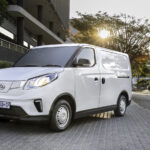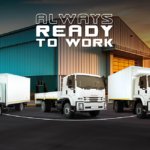Is it a bird? Is it a plane? No, it’s the world’s first electric flying passenger ship!
Is it a bird? Is it a plane? No, it’s the world’s first electric flying passenger ship!
The groundbreaking Candela P-12, hailed as the world’s inaugural electric hydrofoiling passenger vessel, has successfully completed its initial test flights in Stockholm. Developed by Swedish company Candela Technology AB, this cutting-edge vessel comes with a hefty price tag of R34 million. Watch a video showcasing the P-12 in action here.
The P-12 utilises computer-guided hydrofoils to lift its hull above the water, minimising friction. Achieving a speed of over 18 knots in foilborne mode, the Candela P-12 boasts an exceptional 80% reduction in energy consumption compared to traditional high-speed vessels. This technological leap addresses key challenges that have impeded the widespread adoption of fast electric vessels, specifically limited range and slow speeds attributed to the excessive energy demands of conventional hulls.
During its inaugural flights, the Candela P-12 validated its remarkable top speed of 30 knots, setting a record for electric passenger vessels. With an impressive range of up to 50 nautical miles, it stands out as the first electric ship with practical endurance, effectively covering a significant portion of coastal transport needs.
Notably, tests also confirmed the P-12’s minimal wake, paving the way for potential exemptions from speed limits. This is due to the vessel’s capacity to navigate at full speed without causing erosion to coastlines or damaging docks and moored ships – an added environmental benefit of this groundbreaking electric hydrofoiling technology.
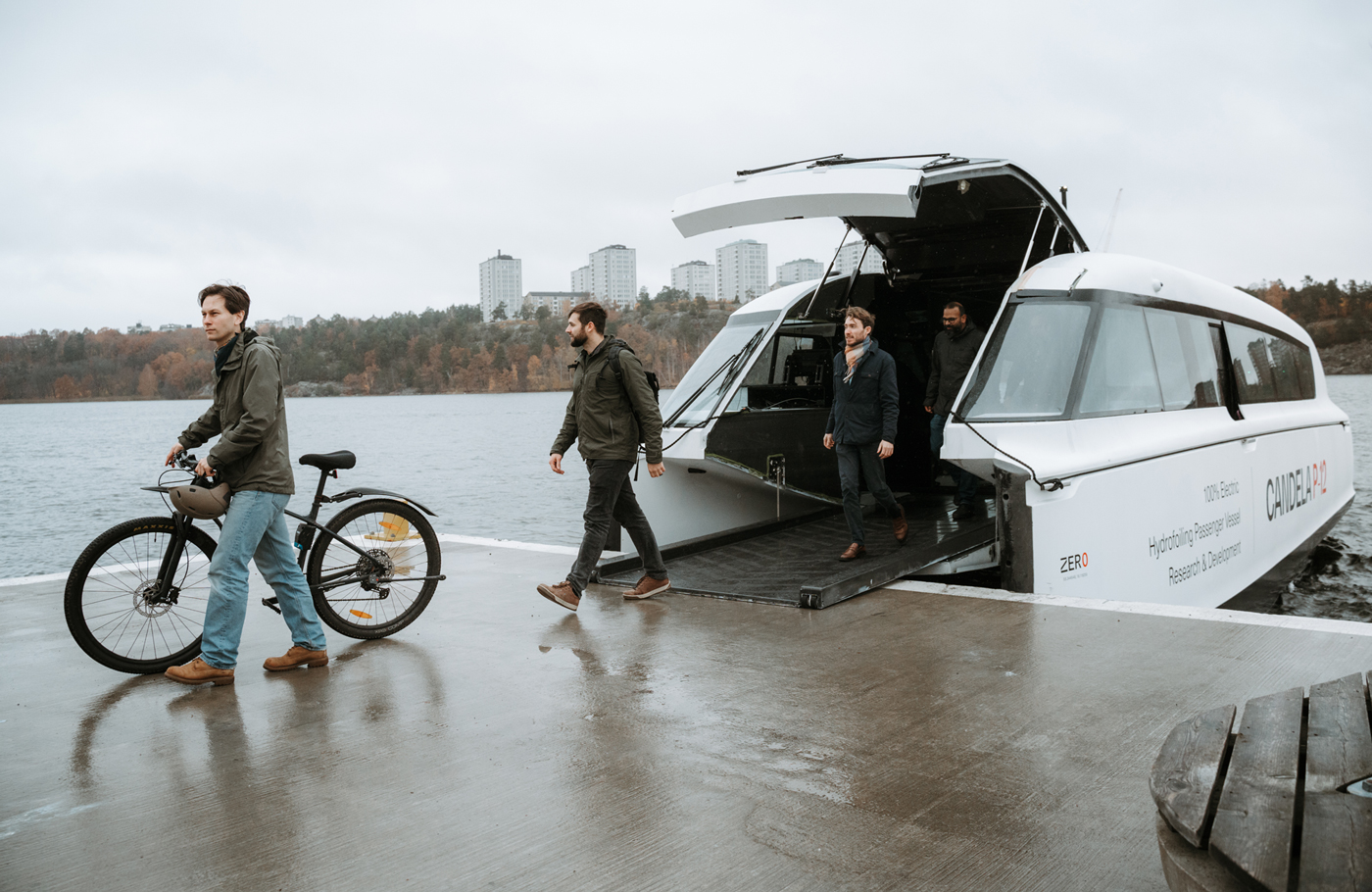
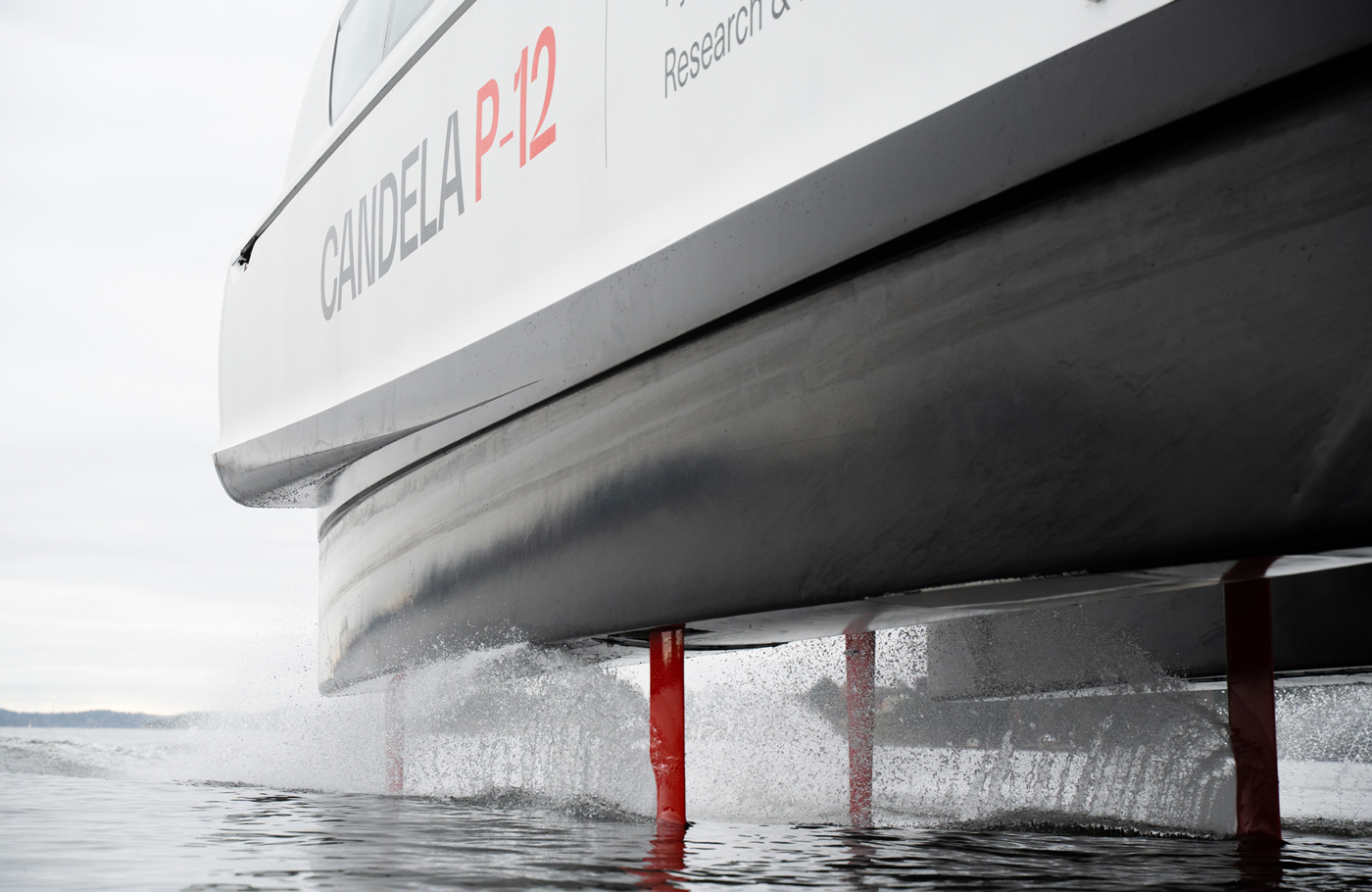
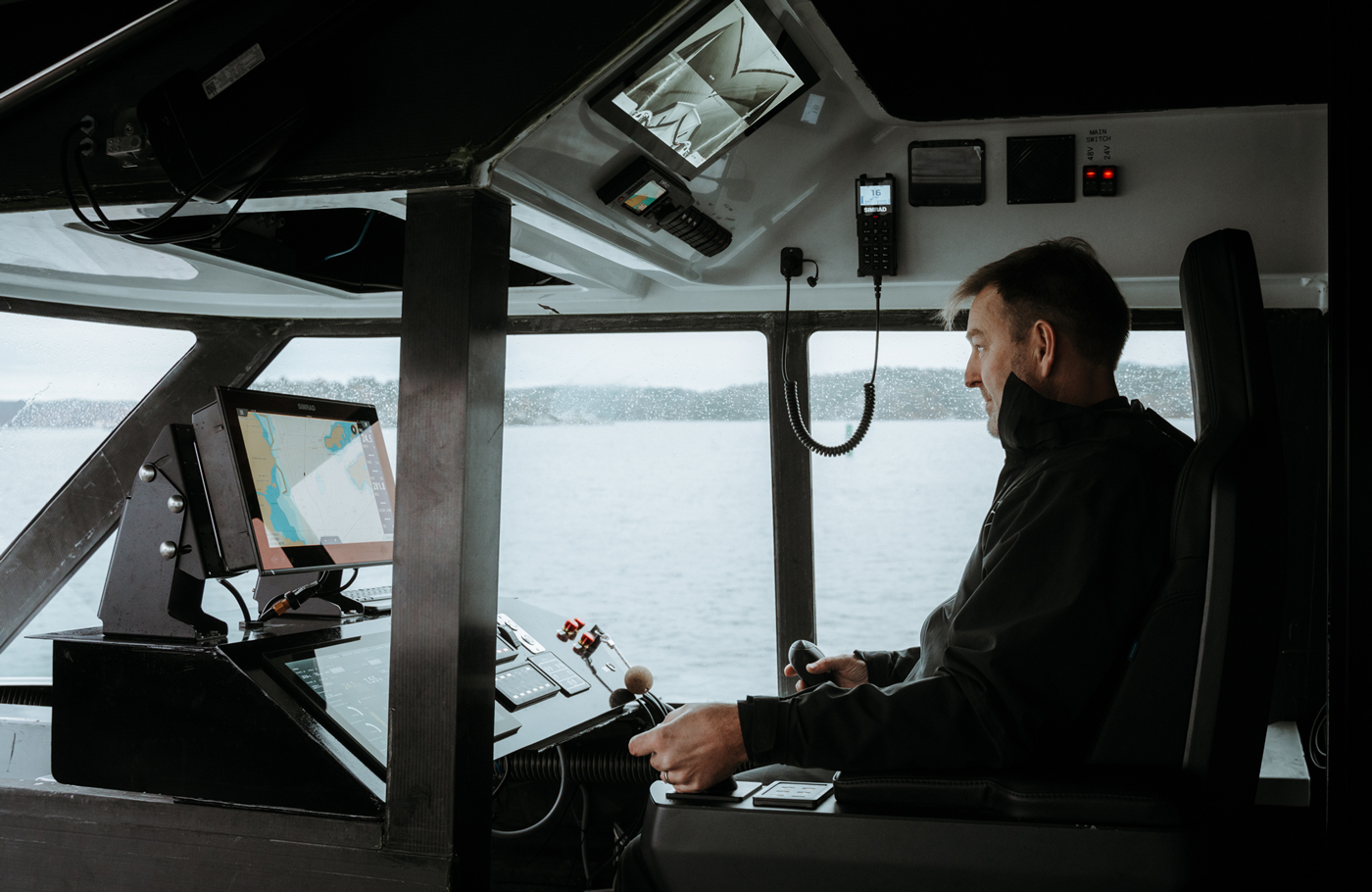
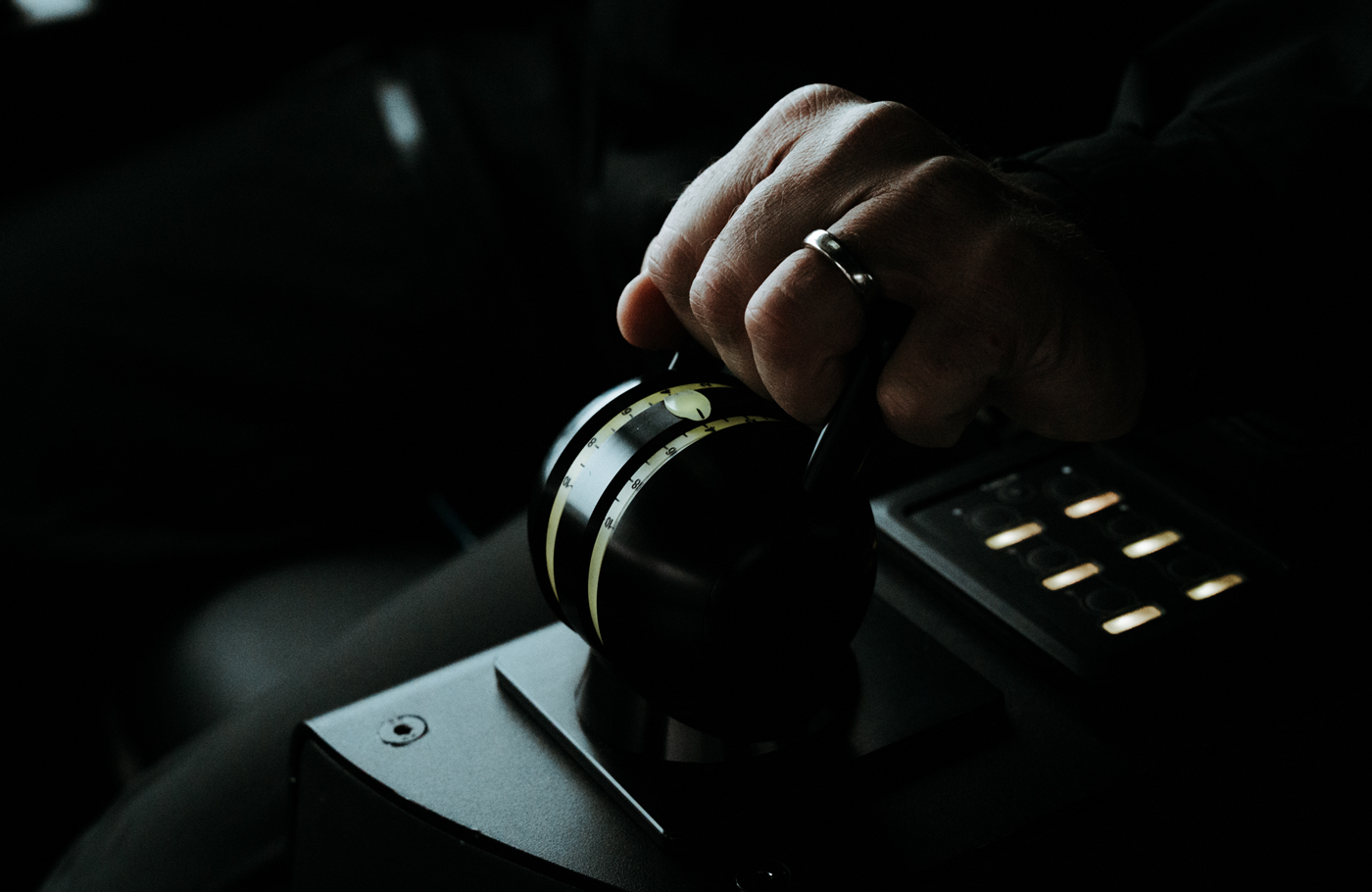
GOING SUSTAINABLE, PROFITABLY
Maritime transport represents 3% of global CO2 emissions, a figure projected to grow to 13% in the coming decades if no action is taken. High hopes are therefore placed on electric vessels, with the market for electric ships estimated to hit US$31.48 billion by 2034.
Still, electric vessel adoption today is extremely low, even on urban and coastal waterways, due to their high cost and limited performance.
Candela is committed to accelerating the shift towards a fossil fuel-free maritime future. Besides its game-changing range and speed, the P-12 is engineered to offer similar or lower initial investment costs for operators while boosting profits compared to traditional internal combustion engine (ICE) vessels.
With a price tag of €1.7 million (approximately R34 million), the 30-seat Shuttle version of the P-12 is similar in price to comparable-size ICE vessels and is notably more economical than alternative electric options. This affordability is made feasible by the hydrofoil efficiency of the P-12, allowing for an extended range utilising a modest 25-kWh battery. Coupled with an efficient serial production process, this results in industry-leading low overall unit costs.
“With the P-12, we’re not just offering a faster, more comfortable electric alternative to fossil fuel-powered vessels. We enable operators to make the switch to sustainable vessels that are cost-effective and profitable, a crucial step towards clean oceans and lakes,” emphasises Erik Eklund, Candela’s director for commercial vessels.
Once in service, operators can expect “fuel” cost reductions of up to 90% compared to diesel vessels. The C-POD motors (very efficient electric motors inside a torpedo-style pod that hangs below the vessel’s hydrofoil) require minimal servicing, and the vessel is designed for single-crew operation, which further slashes costs.
In total, the P-12 is expected to cut costs per passenger kilometre by up to 50%, achieving a similar operational per-passenger economy as a hybrid electric bus.
A BETTER PASSENGER EXPERIENCE
Candela’s pursuit of innovation extends beyond the hydrofoil system. The tech company’s engineers have reimagined every element of vessel design from maintenance to docking, to provide a superior experience.
Passengers enjoy swift and easy boarding via an extendable, automatic bow ramp, adjustable for docking at quay heights ranging from 0.3 to 1.8m. This versatility enables the P-12 to serve a multitude of routes globally without the need for dock alterations.
Each stop’s turnaround time is under 2 minutes, courtesy of the C-POD motors’ thrust vectoring for nimble manoeuvring—even allowing the vessel to move sideways when required.
Once flying, the digital flight control system compensates for waves, side wind, and current by adjusting the hydrofoils’ angle of attack 100 times per second, providing a smooth ride free from sea sickness-inducing pitching and slamming. This system, reminiscent of technology found in modern jet fighters, has been developed by Candela’s engineers since 2016 and fine-tuned in the company’s leisure vessels, the C-7 and C-8.
THREE VERSIONS
The P-12 is a versatile platform designed to accommodate an array of use cases and clients, from public transport to bespoke private shuttles.
It is available in three variants: the P-12 Shuttle, P-12 Business, and P-12 Voyager.
The Shuttle configuration seats 30 passengers and sets the benchmark for sustainable commuting with the lowest operational costs in the industry. Allocated space for bicycles (along with strollers and wheelchairs) encourages the integration of cycling with public transport.
The Business version features a premium interior with seating for 12 to 20 passengers (and plenty of suitcases), and the highly adaptable Voyager version offers customers flexibility in interior design, catering to both private leisure and commercial clients.
HALVED COMMUTE TIMES
The Candela P-12 Shuttle is set to join Stockholm’s public transport network in a 2024 pilot programme, reducing the Ekerö suburb-city centre commute from 55 to 25 minutes and surpassing cars, buses, and current diesel ferries in speed. This is possible by obtaining an exemption from the city centre’s speed limits, thanks to the vessel’s minimal wake.
In Stockholm, as in many waterfront cities, waterborne traffic has been dwindling as buses and cars provide quicker and more affordable transport. The P-12 aims to reverse this trend because sometimes, the quickest (and maybe the greenest) route is by water.
Candela P-12 Specs
Length: 11.99m
Beam: 4.5m
Payload: up to 30 passengers
Battery: 252kWh
Motors: 2 x Candela C-POD MAX, 340kW total peak power
Charging: 175kW DC charging, overnight AC charging
Top Speed: 30 knots
Service Speed: 25 knots
Range: 40 to 50 nautical miles at 25 knots, depending on version and load
Published by
Focus on Transport
focusmagsa

